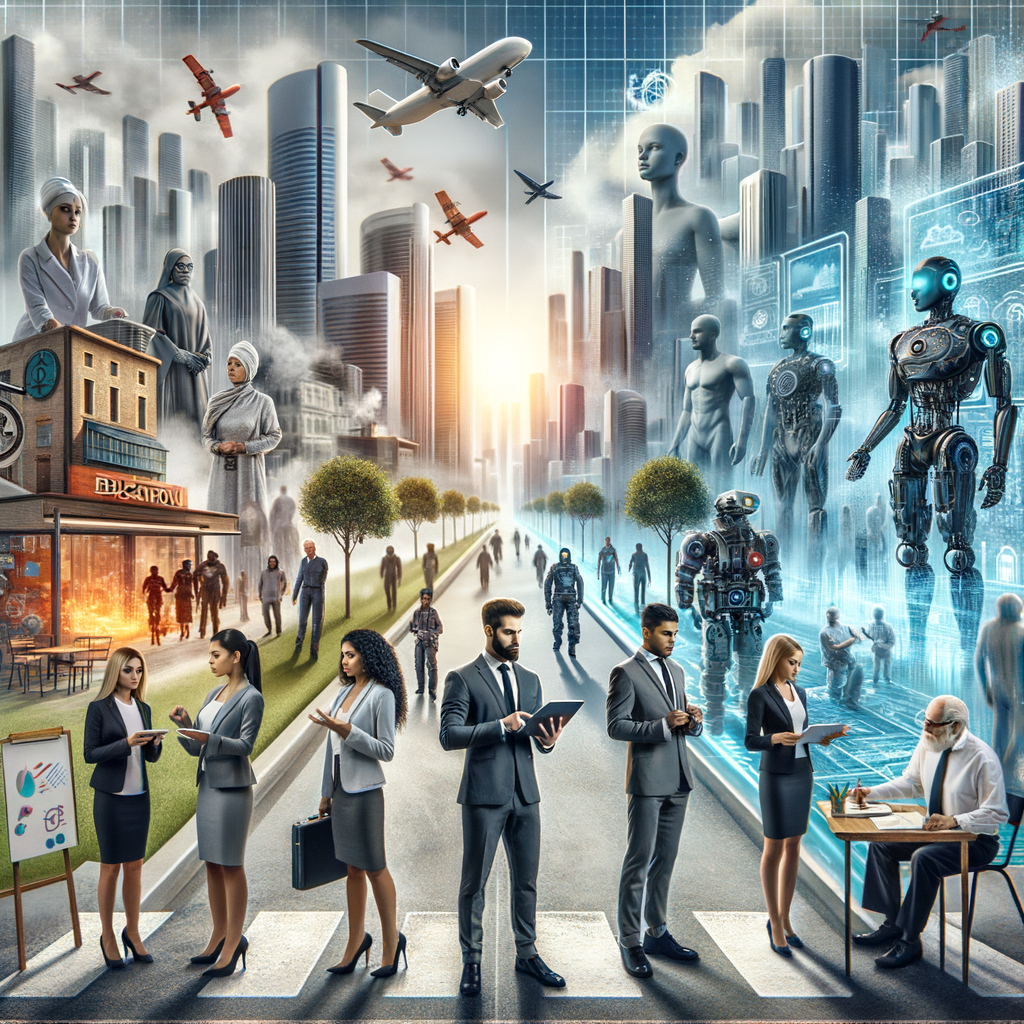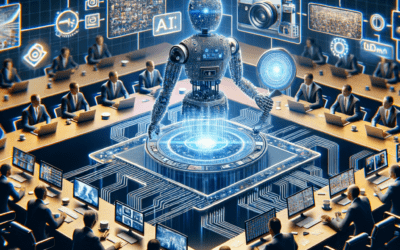Paul’s Perspective:
Understanding the future of work is crucial for business leaders and professionals as it directly impacts strategic decisions and investments in human capital. The inevitable changes in the job market underscore the urgent need for proactive adaptation and potent economic policies.
Key Points in Article:
- By 2030, up to 800 million global workers could be displaced by automation.
- New occupations that don’t exist today may account for 10-15% of the job market.
- Investment in education and job training will become increasingly important for the future workforce.
- Enabling a transition to new jobs includes identifying skills gaps and providing support for re-skilling.
- Economic policies must be reshaped to handle the transitions in labor markets.
Strategic Actions:
- Analyze the potential impact of automation on various job sectors.
- Identify which skills will be in high demand and focus on re-skilling efforts.
- Invest in education and innovative job training programs.
- Develop strategic plans to enable smooth transitions for workers displaced by automation.
- Reshape economic and social policies to support affected workers.
Dive deeper > Full Story:
The Bottom Line:
- This article examines the dynamic balance between job displacement due to automation and job creation in new fields.
- It highlights the significance of adapting skills and economic strategies to mitigate the impact.
Ready to Explore More?
Our team excels in devising strategies for the rapidly evolving job market. Partner with us to navigate the future of work and ensure your company remains ahead of the curve.





